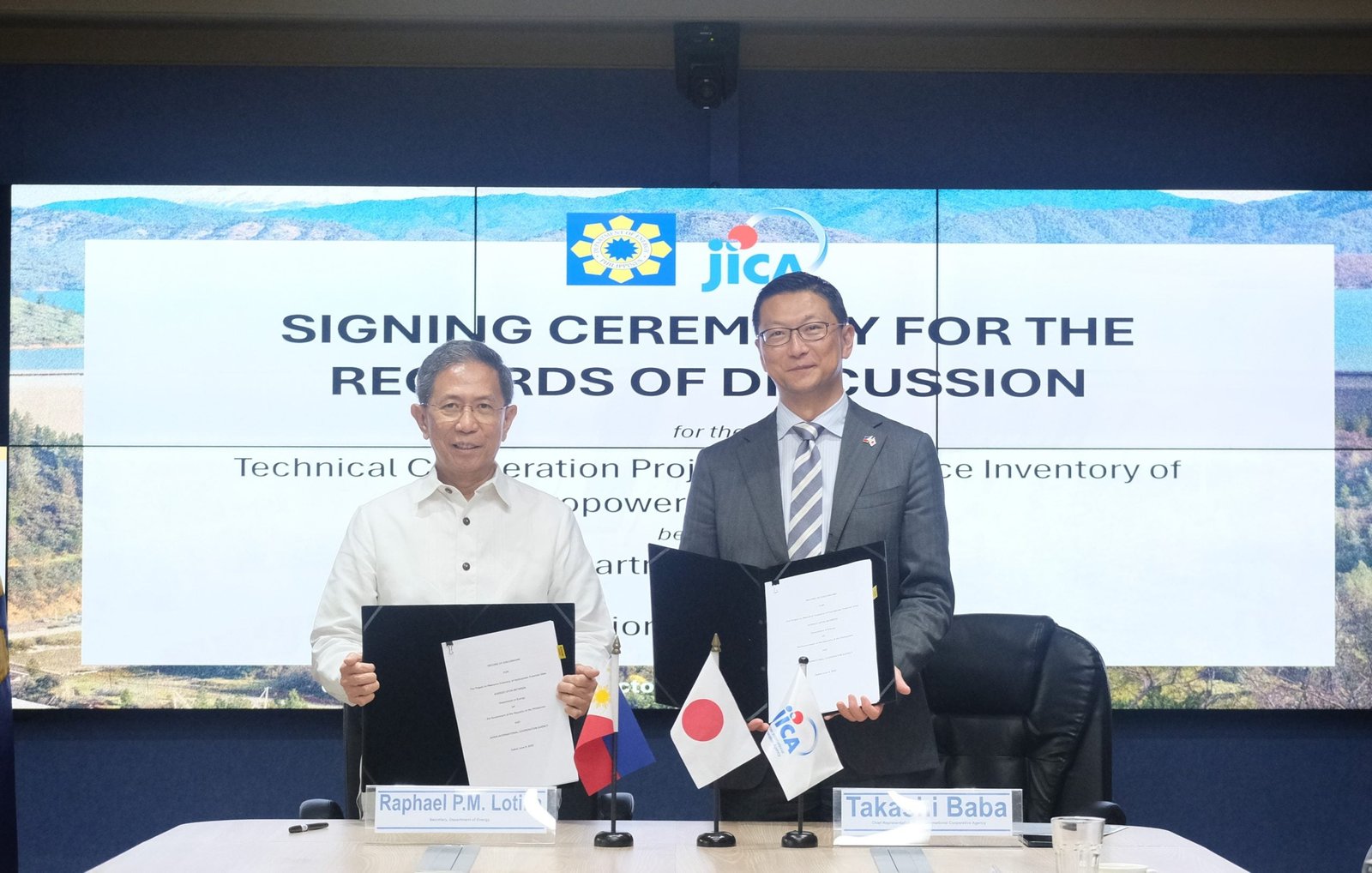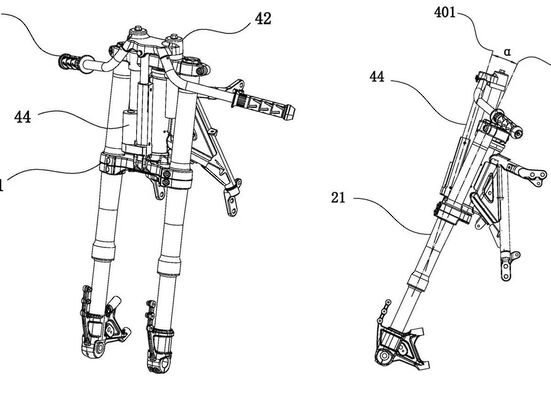
The Philippines Department of Energy (DOE) and the Japan International Cooperation Agency (JICA) have formalised a new technical cooperation project focused on hydropower development in the Philippines. The initiative aims to support the country’s renewable energy goals through a nationwide inventory of potential large scale hydropower projects.
The agreement, signed on June 9, 2025, launches a three-year project titled The Project on Resource Inventory of Hydropower Potential Sites. The DOE’s Renewable Energy Management Bureau (REMB) will implement the initiative, which aims to map large-scale pumped storage and impoundment hydropower sites with capacities of more than 100MW across the country.
The project is part of the Philippine Energy Plan (PEP) 2023–2050, which outlines the government’s targets of increasing the renewable energy share in the power generation mix to 35% by 2030 and 50% by 2040.
Hydropower, particularly pumped storage systems, plays a key role in meeting these targets by offering flexible, dispatchable power that supports both base and peak demand. However, the DOE noted that many hydropower sites remain underutilised or lack adequate data.
The nationwide inventory will create a database to support policy planning, infrastructure development, and private sector investment. It will also provide information to other government agencies and local government units for use in regional planning.
JICA will send Japanese experts to work with DOE staff, provide technical support, and lead capacity-building activities. Training sessions will take place in both the Philippines and Japan.
The project also aims to support broader national goals, including improved energy security, reduced reliance on fossil fuel imports, and greater access to clean energy sources. It is also expected to contribute to climate resilience by improving the scientific basis for energy planning.
Field work is scheduled to begin in the second half of 2025. The inventory is expected to be completed by 2028 and serve as a reference for future energy projects and policymaking.
This effort builds on a longstanding energy cooperation between the Philippines and Japan. Notably, it expands upon the groundwork laid by a 2012 JICA-supported study that assessed the potential of small- to medium-scale run-of-river, reservoir, and pondage hydropower plants below 100MW. That study not only established the DOE’s current hydropower database but also provided critical inputs for long-term energy planning and past Open and Competitive Selection Process rounds.
“This project marks a crucial step toward harnessing the full potential of hydropower, particularly pumped storage, as a strategic enabler of a power system that is clean, flexible, and resilient. Japan’s global leadership in hydropower innovation brings immense value to this collaboration. Through JICA’s technical expertise, we gain the tools and insights needed to identify and unlock untapped hydropower resources, laying a strong foundation for long-term investments, rural development, and enhanced energy security,” said Philippines Energy Secretary Raphael P.M. Lotilla during the signing ceremony.








